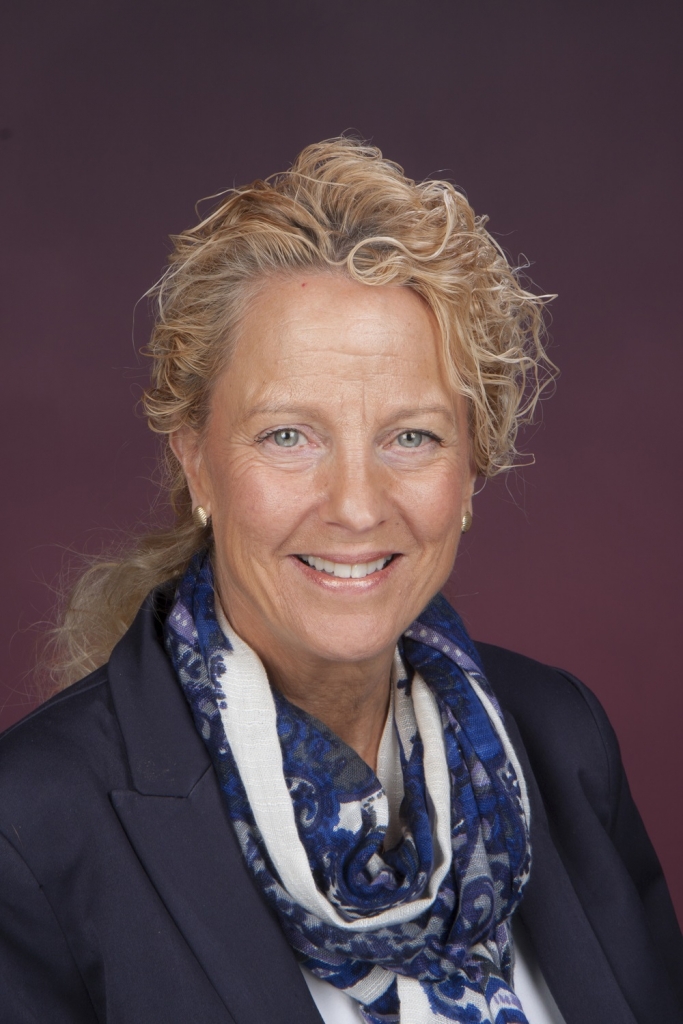A new partnership between Fulbright Canada and the Palix Foundation’s Alberta Family Wellness Initiative has brought three world-class researchers to Alberta through the Distinguished Visiting Research Chairs in Brain Science, and Child and Family Health and Wellness program.
 Dr. Diana Dow-Edwards, a professor in the physiology and pharmacology department at SUNY Downstate Medical Centre in Brooklyn, New York, has studied the effects of substances like marijuana and cocaine on brain development for 30 years. As the Fulbright Distinguished Visiting Research Chair at the University of Lethbridge, she will spend the semester conducting research and collaborating with Dr. Rob McDonald in the Canadian Centre for Behavioural Neuroscience.
Dr. Diana Dow-Edwards, a professor in the physiology and pharmacology department at SUNY Downstate Medical Centre in Brooklyn, New York, has studied the effects of substances like marijuana and cocaine on brain development for 30 years. As the Fulbright Distinguished Visiting Research Chair at the University of Lethbridge, she will spend the semester conducting research and collaborating with Dr. Rob McDonald in the Canadian Centre for Behavioural Neuroscience.
“The project I’m going to be working on is early stress and the effects on marijuana responses in animal models. I have published data showing that stress increases marijuana response,” says Dow-Edwards, explaining that animals that encountered stress early in life will experience greater effects from marijuana use than animals that didn’t experience early stress. “In the animal model, THC (the primary ingredient in marijuana) was an anxiolytic, meaning it made them less anxious, and also less depressed.”
At the U of L, she will expand on her research to include a wider array of behavioural measures to determine if cognition, for example, is affected and whether the sex differences already identified in the effects of marijuana on the developing brain persist following different dosing regimens.
Humans, and vertebrates in general, have a built-in system called the endocannabinoid system that is involved in important regulatory functions throughout the body. The reason that marijuana affects behaviour is because there are receptors for it in the brain.
“Those endogenous cannabinoids are compounds that mediate many behaviours including the stress response. If you stress an animal at a very sensitive period, you can throw this whole regulatory system out of whack,” she says. “When you have your stress response system dysregulated, then all of your responses to stress are abnormal throughout life. So it’s a really important system to learn about.”
Research evidence seems to suggest that people who grow up living in stressful environments, such as violence in the home or physical and sexual abuse, are more likely to use marijuana. Dow-Edwards wants to understand the mechanisms at play in an animal model with the goal of helping people.
“Marijuana is addicting; it is a gateway drug. People who use marijuana have a greater likelihood of going on to other drugs. So it’s not a good treatment for early stress. The best treatment for early stress is taking the child and providing them an enriched and nourishing environment,” she says.
At a time when several states have legalized marijuana and references to pot abound in popular culture, Dow-Edwards says she’s concerned that the perception of danger associated with using marijuana has been lowered and its use by adolescents will likely increase.
“My goal is to get the information out there so people can make informed decisions. Just because it’s legal does not mean it’s safe,” she says. “In particular, for developing individuals up to 24 years of age, the part of the brain that handles executive function, the prefrontal cortex, is rich in cannabinoid receptors. So if you smoke pot you’re going to be altering the dynamics of that whole system.”
Dow-Edwards and the other two Distinguished Visiting Research Chairs, one each at the University of Calgary and the University of Alberta, will participate in a panel discussion at the announcement of the Fulbright Canada and Palix Foundation partnership today at the University of Calgary.
“I’m really grateful to be able to come here to interact with the Palix Foundation’s Alberta Family Wellness Initiative,” she says, adding she’s also willing to give seminars and presentations to community groups if they are interested.
-- 30 --
Contact:
Caroline Zentner, public affairs advisor
403-394-7595 or 403-795-5403 (cell)